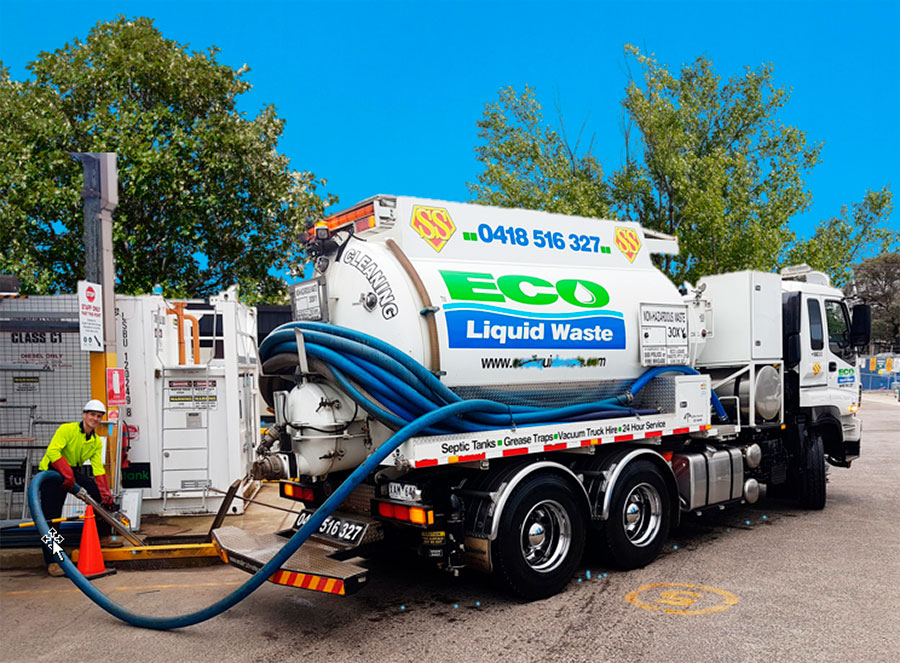Little Known Facts About Reclaim Waste.
Table of ContentsThe 30-Second Trick For Reclaim WasteReclaim Waste - The FactsThe Facts About Reclaim Waste UncoveredSome Known Details About Reclaim Waste The 15-Second Trick For Reclaim Waste
Through proper fluid waste monitoring, companies can minimize energy-intensive treatment procedures and disposal expenses. By complying with a system for taking care of liquid waste, business can stay clear of costly penalties and penalties and stay clear of negative publicity.(https://hub.docker.com/u/reclaimwaste1?_gl=1*1980ev1*_ga*MTgwOTc3Nzc2OS4xNzMxMzI1Mzkw*_ga_XJWPQMJYHQ*MTczMTMyNTM5MC4xLjEuMTczMTMyNTcwOC4xMC4wLjA.)Gather representative examples from various factors within the waste stream to make sure precision. Conduct routine screening to track any type of modifications in the composition. Keep detailed records of characterization for future recommendation and conformity objectives. Fluid waste, specifically dangerous ones, presents substantial threats throughout this action. Proper procedures lessen spills, leakages, and other accidents that could harm the employees and the general public.

Sanitation (e.g., chlorination, ultraviolet light, ozonation) and nutrient removal (e.g., denitrification and phosphorus elimination) are recommended under stringent laws. Many business violated numerous fluid waste disposal policies in recent years.
Get This Report on Reclaim Waste

Superficial basins include fluid waste that is allowed to evaporate with all-natural procedures. This type of disposal is subject to stringent ecological regulations due to possibly unsafe discharges.
The searchings for should be documented, assessed, and saved not simply for entry to governing authorities but additionally for making renovations in the future. Share information with relevant stakeholders (e.g., employees, regulative federal government firms, and neighboring communities) to maintain transparency and responsibility.
Despite the company size or market, there are numerous challenges related to this task. Recognizing these can help them successfully manage their operations and reduce their environmental impact. makes it hard to treat and get rid of fluid waste safely. Business that can not invest in centers should think about collaborating with the general public market for much better solutions.
How Reclaim Waste can Save You Time, Stress, and Money.
By applying detailed management systems that consist of treatment and recycling methods, regular surveillance, danger evaluations, and adherence to local and federal laws, industrial centers can contribute to the security of groundwater products, ensuring their availability for future generations (liquid waste disposal). Let's dive into the relevance of reliable liquid waste management in the industrial field, focusing on its ramifications for guarding groundwater resources
The air pollution of groundwater sources due to improper fluid waste monitoring in the commercial industry has significant consequences for human health and wellness, farming, and the environment in its entirety. Several of the prospective influences triggered by such pollution include: Infected Alcohol consumption Water Products: As groundwater supplies a considerable part of our alcohol consumption water, pollution from industrial activities can cause hazardous chemicals and bacteria entering our water supply, posing health risks for humans.
Decreased Agricultural Productivity: Agriculture relies heavily on groundwater for irrigation; for that reason, contaminated water can hinder crop yields, pollute agricultural products, and affect food safety. Given the significance of protecting groundwater sources, it is crucial for businesses to take a proactive position in managing their fluid waste properly and stopping air pollution.
Reclaim Waste Can Be Fun For Anyone
Fluid waste can infect land and pollute waters. Information about taking care of and storing fluid waste, responding to spills and lowering liquid waste is offered in the complying with truth sheets and assistance:.
The duty of waste monitoring experts in protecting this priceless source can not be overstated. Contaminated water and polluted effluent monitoring: Guaranteeing that harmful why not try this out liquids are safely removed and treated before they can hurt our water sources.
Hence, integrating lasting fluid waste administration into financial planning boosts financial stability and safeguards the atmosphere, demonstrating the worth of this technique. In conclusion, taking on expert fluid waste management techniques is essential for making sure a sustainable future, shielding our atmosphere and protecting the health of future generations.
When it concerns taking care of waste, adhering to appropriate procedures is essential for a plethora of reasons. Correct waste disposal is not almost tidiness; it's concerning making sure the health of our environment, health and wellness, and the reliable use resources. Recognizing the relevance of efficient waste monitoring can help us all add to a much healthier, cleaner earth.
The 9-Second Trick For Reclaim Waste
Effective waste management assists preserve clean roads and public areas, lowering the aesthetic impact of litter and guaranteeing that waste does not harm wildlife. When waste is not gotten rid of appropriately, it can bring about pollution, where damaging compounds can leach into the soil, water systems, and the air, creating lasting environmental issues.